
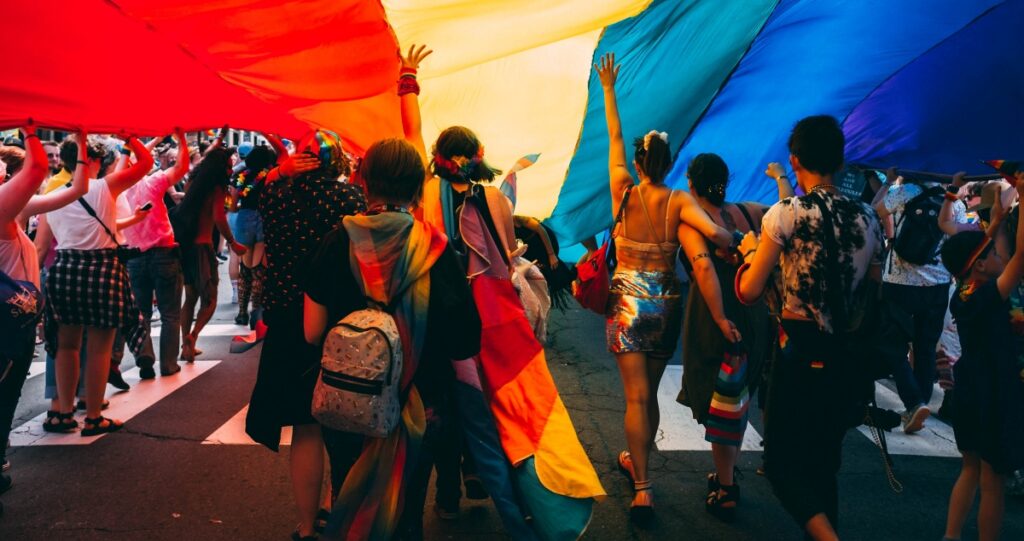
Don’t Say Gay Bill Passes in Florida Legislature.
The situation in Florida has garnered due attention throughout the journey of it’s Don’t Say Gay Bill. Lost with the focus on Ukraine and Florida are the collection of bills similar to the “Don’t Say Gay” bill that are currently being advanced in multiple states.
Idaho and Alabama Followed Texas’ Anti-Trans, so…
Just as states including Idaho and Alabama took lead from Texas to criminalize providing gender-affirming care to trans and gender-diverse minors, a number of state legislatures are falling in line with the conservative leaders of Florida to silence LGBTQ-centric conversations in schools. (Idaho’s anti-trans bill KILLED by State Senate earlier this week. )
Georgia “Don’t Say Gay”: BLOCKED
Georgia lawmakers made headlines last week by introducing its own version of Florida’s “Don’t Say Gay” bill, the Common Humanity in Private Education Act. Unlike Florida’s bill, the measure focuses squarely on private and nonpublic schools. The bill states that those schools cannot “promote, compel or encourage classroom discussion of sexual orientation or gender identity in primary grade levels or in a manner that is not appropriate for the age and developmental stage of the student.”
It also mentions Critical Race Theory as a topic that should be removed from school curriculums, saying it encourages the notion that “an individual, solely by virtue of the individual’s race or sex, bears responsibility for actions committed in the past by other members of the same race or sex.”
“The Georgia Don’t Say Gay bill is government sanctioned censorship, explicitly targeting LGBTQ students,” Jeff Graham, executive director of Georgia Equality, told WSB-TV. The bill made little movement prior to the end of Georgia’s legislative session on Tuesday, but it did help solidify the issue as one that will likely be revised as Gov. Brian Kemp runs for reelection later this year.
Bills in Tennessee and Kansas are even more specific
Tennessee Don’t Say Gay Bill Bans Text Books
The Tennessee bill would ban textbooks and other classroom materials used in grades K-12 that “promote, normalize, support or address lesbian, gay, bisexual or transgender lifestyles.”
Kansas’ Bill Wants ‘Saying Gay’ to be an Obscenity Law Class B Misdemeanor
Kansas‘ bill attempts to classify using classroom materials that include LGBTQ topics as a Class B misdemeanor by altering the state’s obscenity law.
Indiana’s Bans Discussion Without Parent Permission
A similar measure in Indiana would prevent students from participating in any discussion of topics related to sexual orientation, gender identity or the outdated and near exclusively cis-used term “transgenderism” without explicit permission from their parents or guardians.
Oklahoma’s 4 Bills Also Say Don’t Say Oral Sex
Oklahoma currently has four bills introduced addressing the topic. Two measures introduced in the Oklahoma Senate would ban “any form of non-procreative sex,” LGBTQ issues and gender identity from materials and classroom discussions and school libraries.
The third bill prohibits school districts from employing individuals that promote “positions in the classroom or at any function of the public school that is in opposition to closely held religious beliefs of students.” The fourth measure would remove requirements that public universities include courses focused on “gender, sexual or racial diversity, equality or inclusion.”
Don’t Say Gay’s Florida Man Origin Story; Battle Royale With The Mouse
Florida’s controversial Parental Rights in Education bill, better known colloquially as the first Don’t Say Gay bill, has been at the core of continued efforts by state legislatures to discriminate against LGBTQ youth in recent weeks.
The vague language of the bill would outright ban discussion of LGBTQ topics and identities in grade K-3 and would effectively do the same in all other grades while giving parents the ability to sue school employees if violated.
The bill now heads to Florida Gov. Ron DeSantis’ desk after passing both houses of the Florida legislature. Despite a statewide outpouring of dissent from high school students and a national backlash, DeSantis is expected to sign the bill into law.
The controversy around the bill even drew Disney into its wake, with the company suspending all political donations after being noncommittal in opposing the bill amid revelations that it donated to multiple lawmakers supporting the bill.
Impact is Likely Huge
Florida’s bill is drawing the most eyes and outcry, but, as with any new push to limit the civil liberties of LGBTQ minors and adults, the legislative web it belongs to runs much deeper. And it threatens far more than just LGBTQ students.
“We know that what happens in schools impacts mental health and suicide risk,” said The Trevor Project director of advocacy and government affairs Sam Ames in an interview with Changing America. “We know that youth learning about themselves, being able to see themselves reflected in their curriculum, being able to speak openly about who they are to their classmates and their teachers reduces suicide risk significantly.”
“We are seeing entire chapters of textbooks being erased. Do you not talk in a civics class about Pete Buttigieg? Do you not talk in a history class about Harvey Milk or Marsha P. Johnson,” Ames said. “These are fundamental moments, not just in LGBTQ history, but in American history, that are being written out of existence.”
Don’t Say Gay bill: Previously on Towleroad
Photo by Mercedes Mehling on Unsplash


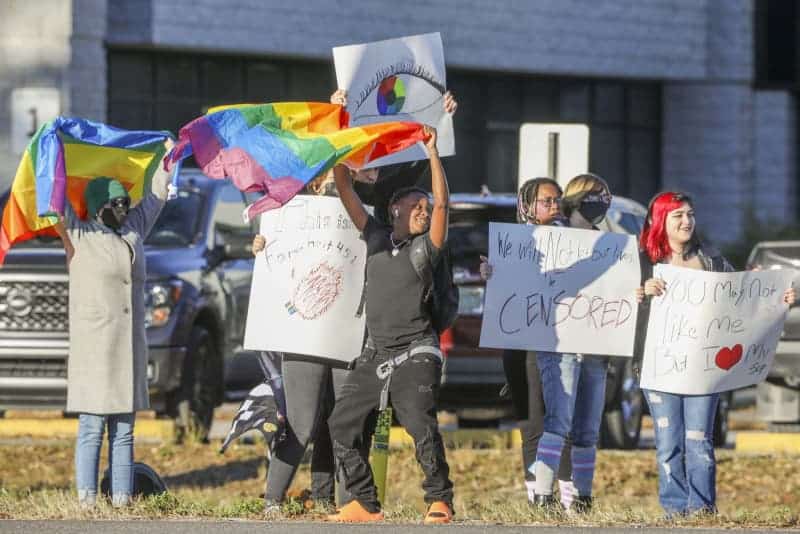
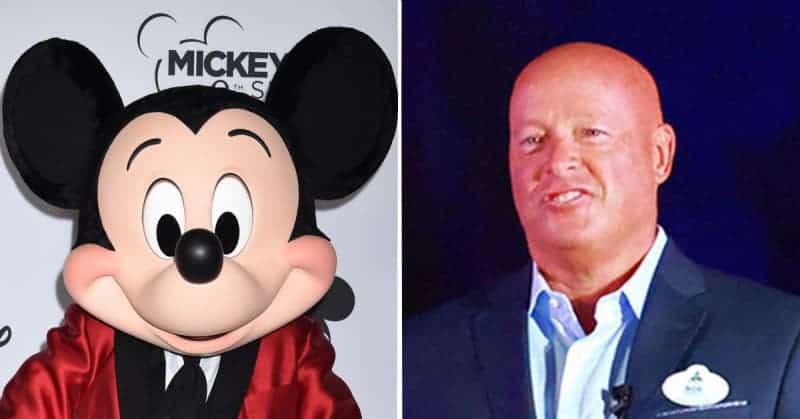
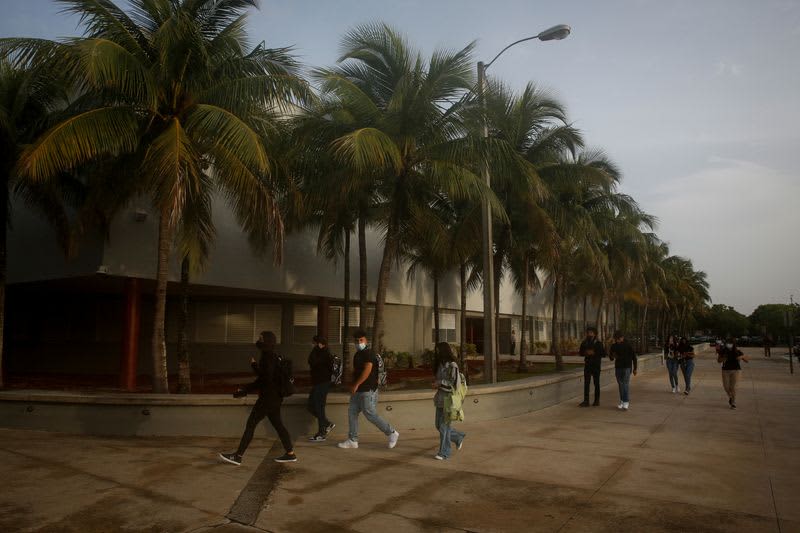
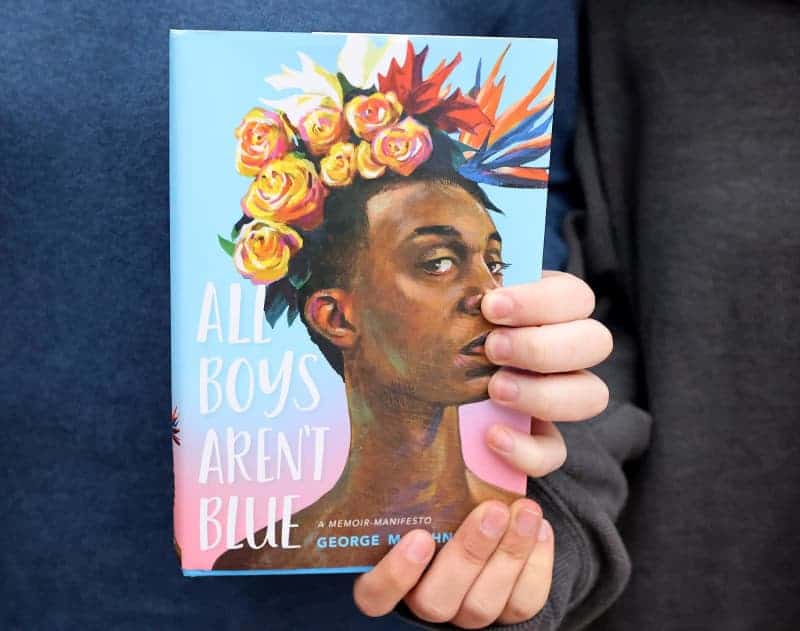
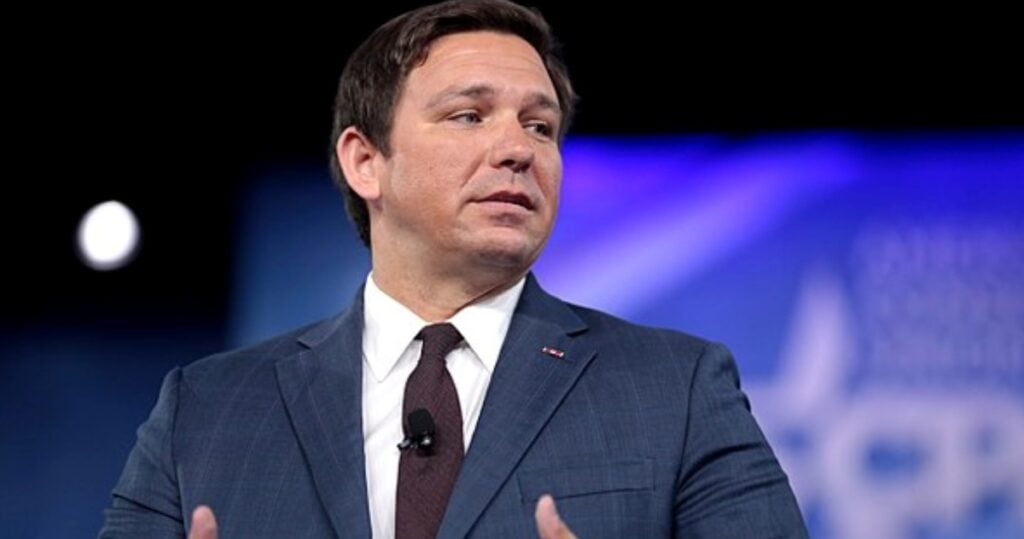
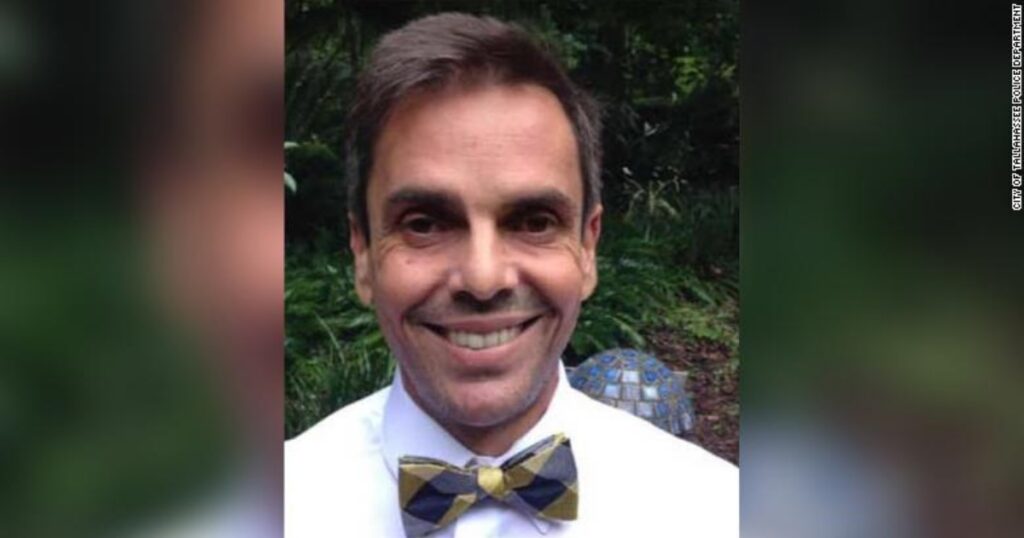
Recommended Comments
There are no comments to display.